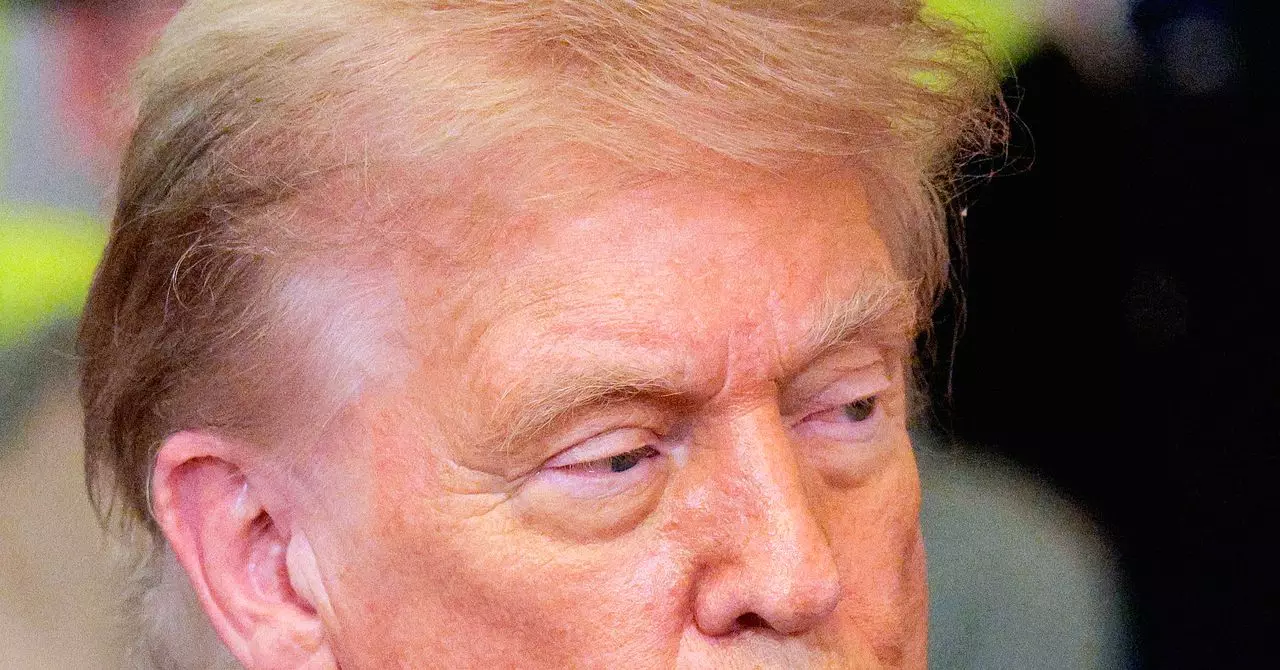As the federal government races to set boundaries on artificial intelligence, one contentious provision has sparked a whirlwind of debate: the proposed AI moratorium embedded within President Donald Trump’s legislative efforts. Originally conceived as a decade-long freeze on state-level AI regulations, this moratorium was aimed at creating a uniform national framework, largely driven by the ambitions of White House AI czar David Sacks. However, instead of achieving consensus, the moratorium has exposed deep rifts in Congress and beyond, revealing entrenched divides over who should control AI governance and how to protect vulnerable populations from technological exploitation.
From Ten to Five Years: A Compromise or a Half-Measure?
In response to widespread criticism, Senators Marsha Blackburn and Ted Cruz introduced a revised version of the moratorium, reducing the pause from ten years to five and carving out exemptions for certain state laws. These exemptions notably include protections against unfair or deceptive practices, child online safety, and rights surrounding personal likenesses, such as those guarding musicians in Tennessee against AI deepfakes. While these concessions appeared to soften the impact of the moratorium, many observers argue that the changes merely paper over deeper problems. Blackburn’s own vacillation — first opposing, then supporting, then opposing again her crafted compromise — underscores the complex political and economic pressures at play, especially given her ties to the music industry and her state’s vested interest in protecting artists from AI manipulation.
Big Tech’s Unwanted Get-Out-Of-Jail Card?
Critics of the moratorium have not minced words. From labor unions decrying “dangerous federal overreach” to fringe figures like Steve Bannon warning about unchecked Big Tech power, opposition spans a wide ideological spectrum. The crux of the matter lies behind the phrase “undue or disproportionate burden,” a clause that threatens to undermine the carve-outs themselves. By limiting state laws that protect citizens if they impose too heavy a burden on “automated decision systems,” the moratorium effectively paves a regulatory safe harbor for AI companies. This exception risks enabling tech giants to sidestep meaningful oversight under the guise of protecting AI’s operational efficiency — a prospect that Senator Maria Cantwell describes as creating a “brand-new shield” against lawsuits and state-imposed safeguards.
Why State-Level Regulation Matters More Than Ever
The push by Congress to preempt state regulations with a moratorium on AI rulemaking raises fundamental questions about federalism and democratic accountability in technology governance. States have historically acted as incubators of innovative policies, often stepping in to protect citizens when federal regulation lags or fails to address emerging challenges. With AI profoundly reshaping everything from online safety to identity rights, rushing to stifle state experimentation undercuts vital protections, particularly for children and marginalized groups. Organizations like Common Sense Media warn that the moratorium’s sweeping language might thwart almost every effort to regulate AI with respect to safety and privacy, leaving the public vulnerable to manipulation and harm in an increasingly automated digital environment.
Political Posturing Over Genuine Protection
Senator Blackburn’s shifting stance reveals how political interests can muddle policymaking in AI—a field that demands clarity and foresight. The tug-of-war between shielding Big Tech and guarding citizen rights illustrates a broader tension: regulating AI is not merely a technical or legal matter but a battleground for power between industry stakeholders, political actors, and civil society. The moratorium debate exposes how lawmakers may prioritize political expediency or local economic interests over crafting robust, enforceable standards that genuinely curb AI’s risks. Without a firm commitment to creating enforceable protections and avoiding regulatory loopholes, such legislation risks becoming little more than symbolic gesture or a mere shield for entrenched interests.
The High Stakes of AI Regulation
Artificial intelligence’s rapid advance promises enormous economic and social value, but without balanced oversight, it poses unprecedented risks. The moratorium’s original decade-long freeze, even in its diluted five-year form, threatens to stymie state-driven regulatory innovation during a critical window, potentially exacerbating harms before solutions can be experimented with and perfected. It risks granting Big Tech extended immunity to deploy AI systems with minimal accountability—a risky gamble with consequences for privacy, safety, and democratic participation. The debate surrounding this legislation reveals a legislative body struggling to reconcile competing interests, with the public’s best interests often tossed aside in the process. Ultimately, the ongoing controversy signals that meaningful AI governance will require more than temporary moratoria or risk-laden compromises; it calls for transparency, accountability, and unflinching political courage.

